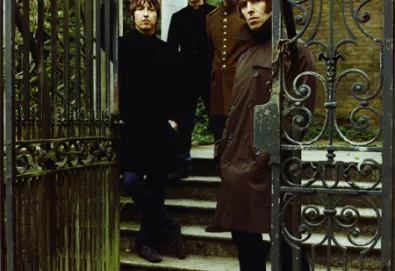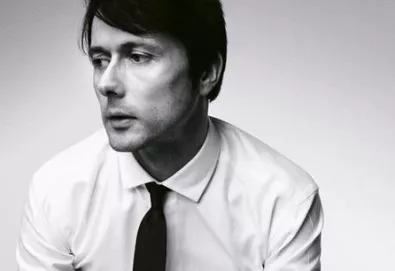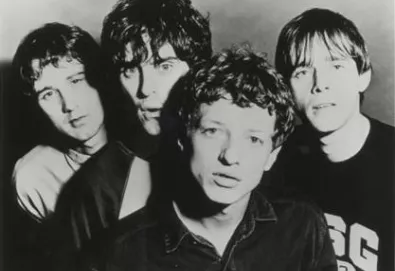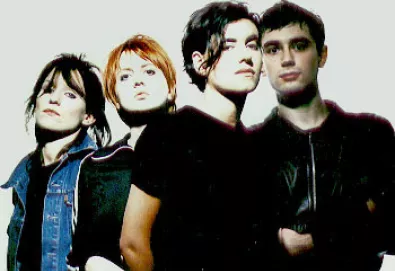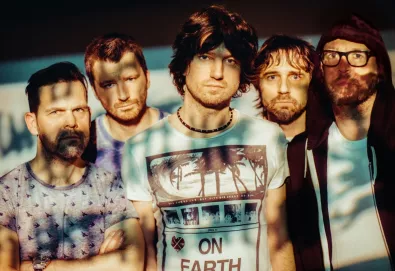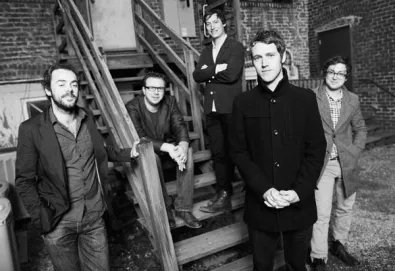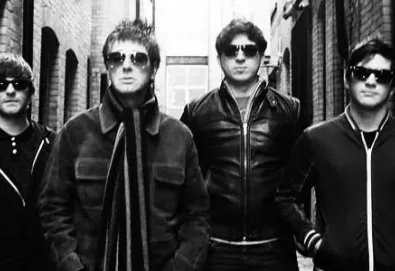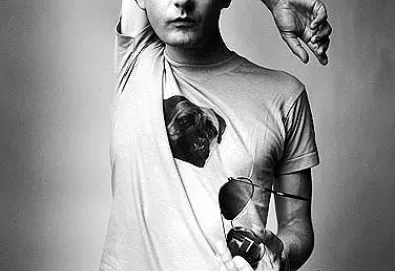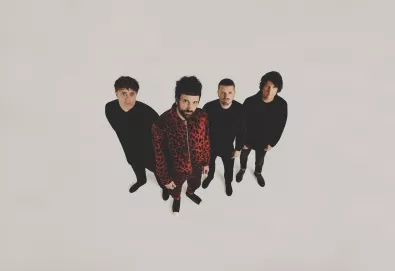Britpop was a musical movement that emerged in the mid-1990s in the United Kingdom that placed British guitar pop music at the forefront of the alternative rock scene. While it served as a response to American grunge, the genre overshadowed the rise of the country's shoegaze.
The genre, whose main exponents were Oasis, Blur, Suede and Pulp, revived the British identity of rock from the 1960s, 1970s and 1980s. From there, the list of influences included artists such as The Beatles, The Kinks, The Who, David Bowie, Roxy Music and The Smiths. Their catchy songs often addressed themes of British culture and customs.
Britpop was not an exclusively male movement. Bands led by women also took center stage in the scene. Among these protagonists we can mention Elastica, Sleeper, Catatonia, Echobelly and Lush, who, better known as one of the main names in shoegaze, flirted with Britpop on their second album, Lovelife (1996).
The British movement was largely driven by the media, mainly exploring the rivalry between Oasis and Blur and the controversies between the Gallagher brothers.
The decline of britpop came at the end of that decade. NME pointed out among its factors the release of Radiohead's album OK Computer (1997).

